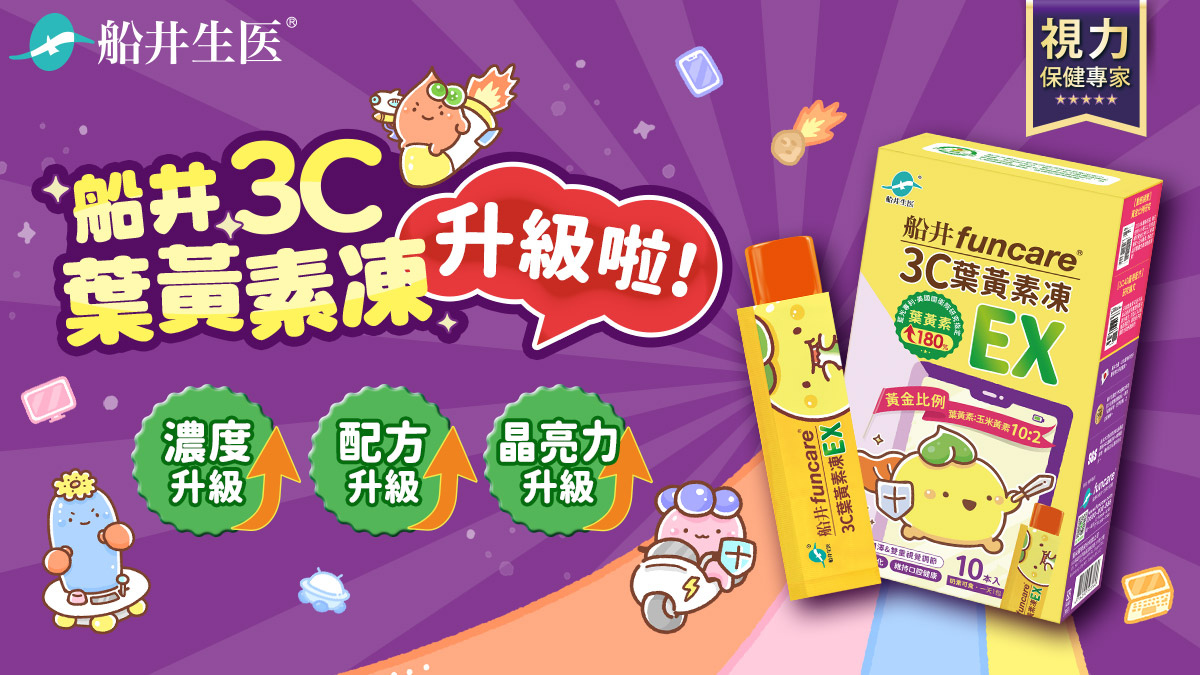close
Consumer Council Calls for Mandatory GM Food Labelling
CHOICE # 419
CHOICE # 419
(September 15, 2011)
http://www.facebook.com/nogmo1
A recent test conducted by Consumer Council on soy drinks found traces of genetically modified soy bean materials in some samples labelled with "organic" and "made with non GM soy beans" or similar claims.
The 50 samples included ready-to-drink and powder, bought from supermarkets, convenient stores and other retail outlets.
Results showed GM component was not detected in half of the tested samples. The rest of the samples were all detected with GM materials, but mostly at trace amounts which are below the limit of quantification.
Among the samples detected with amounts of GM materials, none of them was labelled as "genetically modified". 4 of them contained quantifiable amount of GM component ranging from 0.2% to 1.1%.
Out of these 4 samples, 2 bore the claims of "Non-GMO".
Mandatory food labelling is now required in the European Union, Australia, New Zealand, Japan, Korea, Mainland China and Taiwan.
In Hong Kong, there is no specific legislation governing the sales and labelling of GM food, but only the Centre for Food Safety (CFS) issued the "Guidelines on Voluntary Labelling of Genetically Modified (GM) Food" in July 2006.
The Council urges the Hong Kong Government to enact the legislation for implementing mandatory GM food labelling system as soon as possible to ensure consumer rights for making an informed choice.
The Council calls for:
- All GM foods sold in Hong Kong have to pass safety tests and obtain approval monitored by local authorities.
- Implement mandatory GM food labelling system on prepackaged food.
- Tighten the threshold level set for adventitious mixing of GM and non-GM crops during harvest, transportation, processing and storage, e.g. making reference to levels used in EU (0.9%), Australia (1%).
- Prohibit the use of "GM free" and similar labels. Since there is the possibility of unintentional mixing of GM and non-GM crops, a truly "GM free" status is very difficult, though not at all impossible, to attain.
- Avoid the use of "Non-GM" and similar labels. It is revealed in the test that foods claimed to be "non-GM" could contain traces of GM materials due to unintentional mixing of GM and non-GM crops.
In the recent annual Codex summit of World Health Organization in Geneva, the GM labelling guidance document was endorsed to become an official Codex text.
The new Codex agreement means that any country intending to adopt GM food labelling will no longer face the threat of a legal challenge from the World Trade Organization (WTO), as national measures based on Codex guidance or standards cannot be challenged as a barrier to trade.
全站熱搜


 留言列表
留言列表


